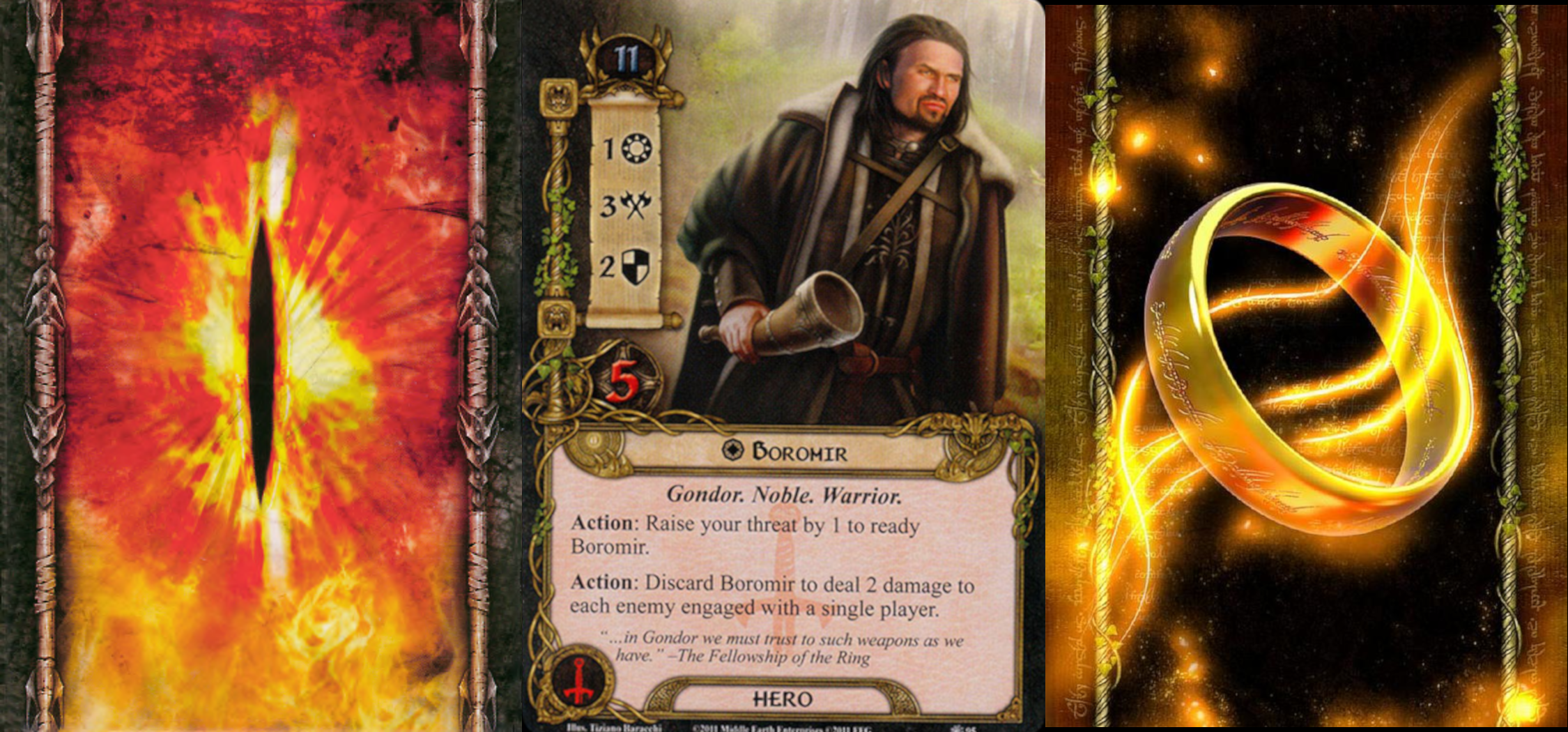The Living Card Game as formulaic epic, part 2: cooperation and scenario
The LCG’s unique way of doing epic — that is, of allowing its player to perform their own recomposed elaborations of the storyworlds’ narrative materials — stems from the nexus of the ludic and the narrative to be found in these scenario-making cards. There’s a deceptively simple comparison to be made with what we know as the books of the Iliad and the Odyssey, which almost certainly originate in individual songs that a bard might have sung on a given occasion.Continue Reading

